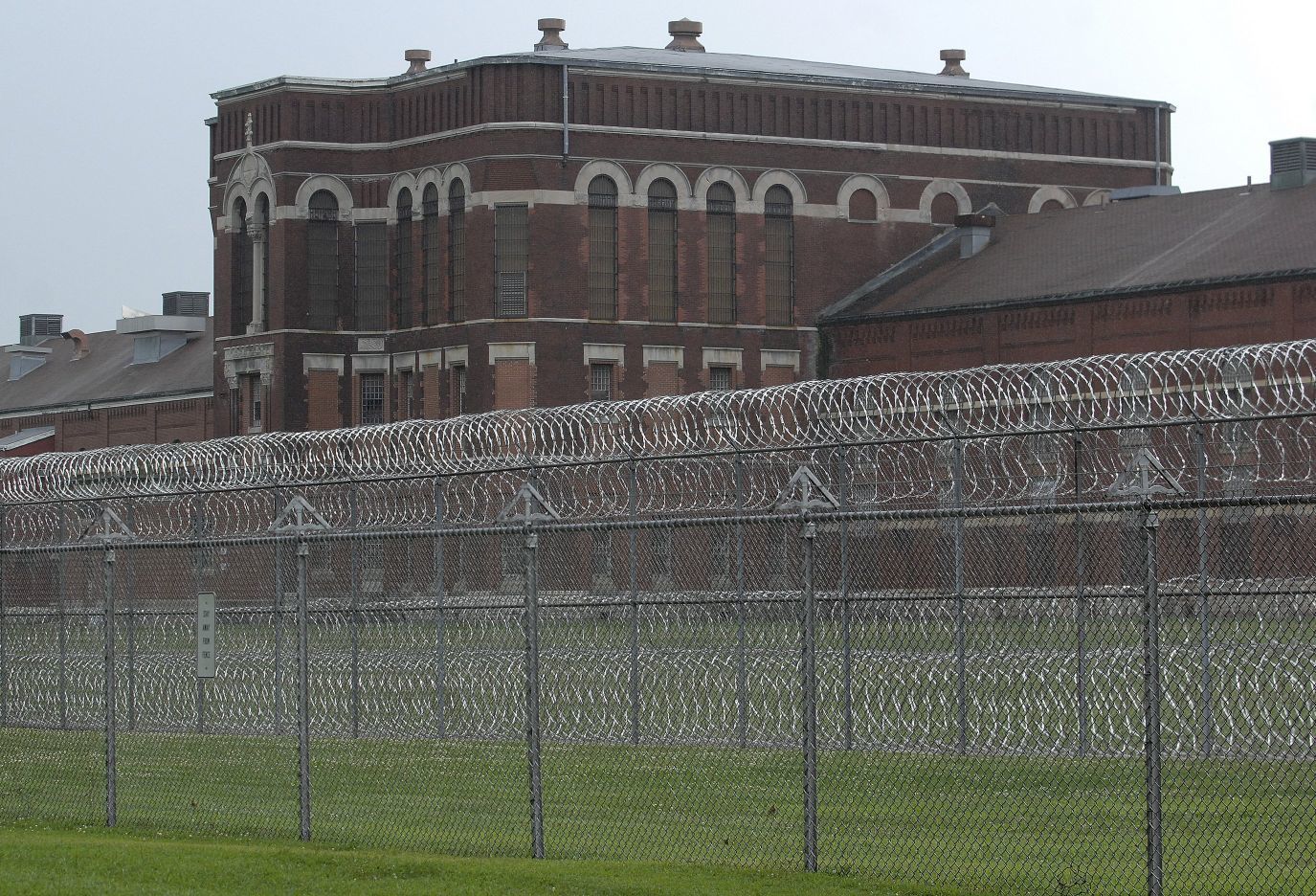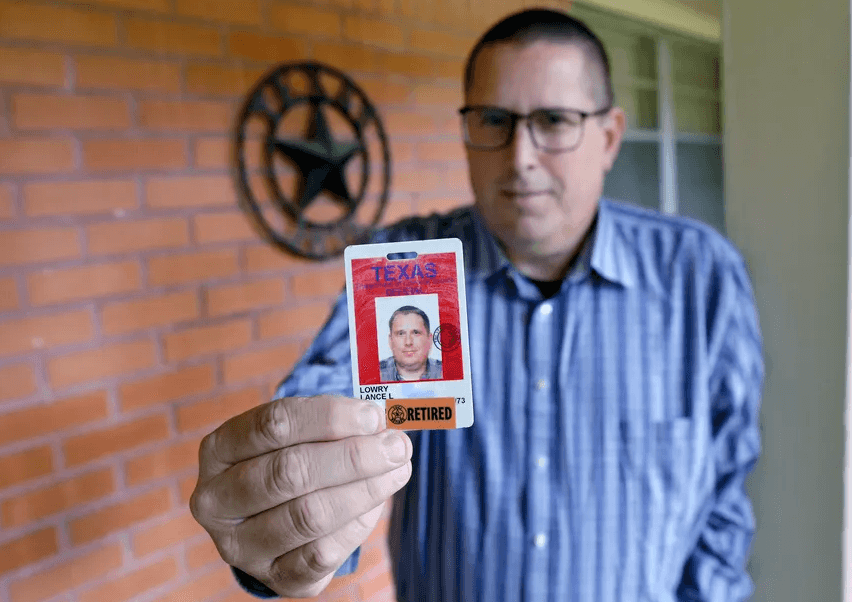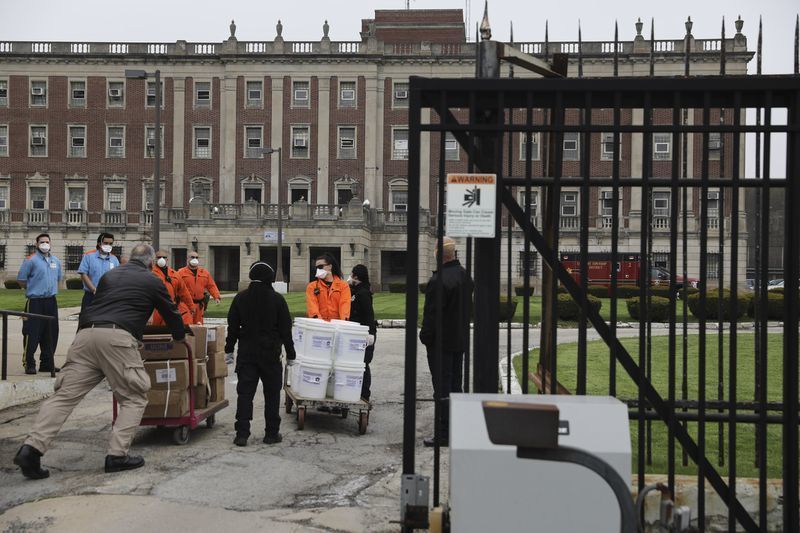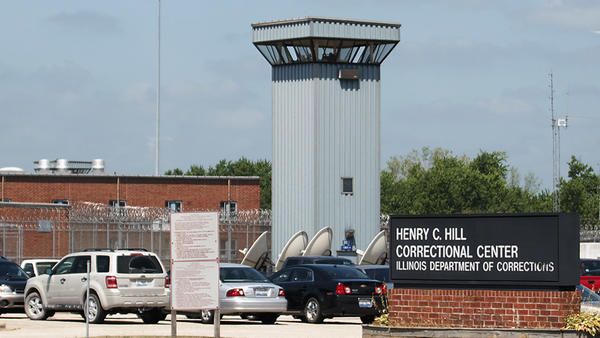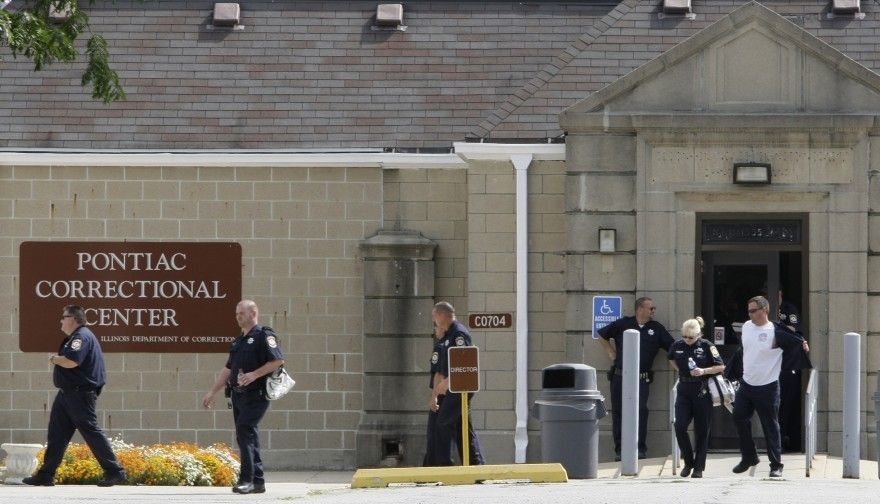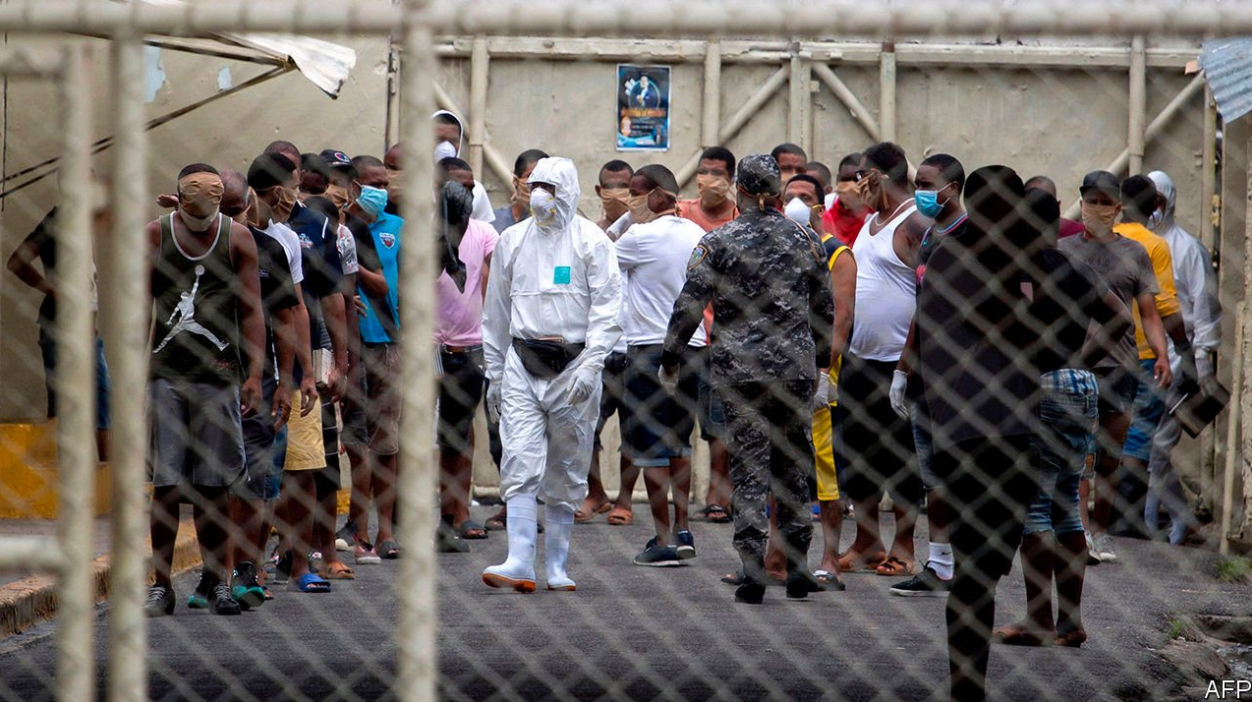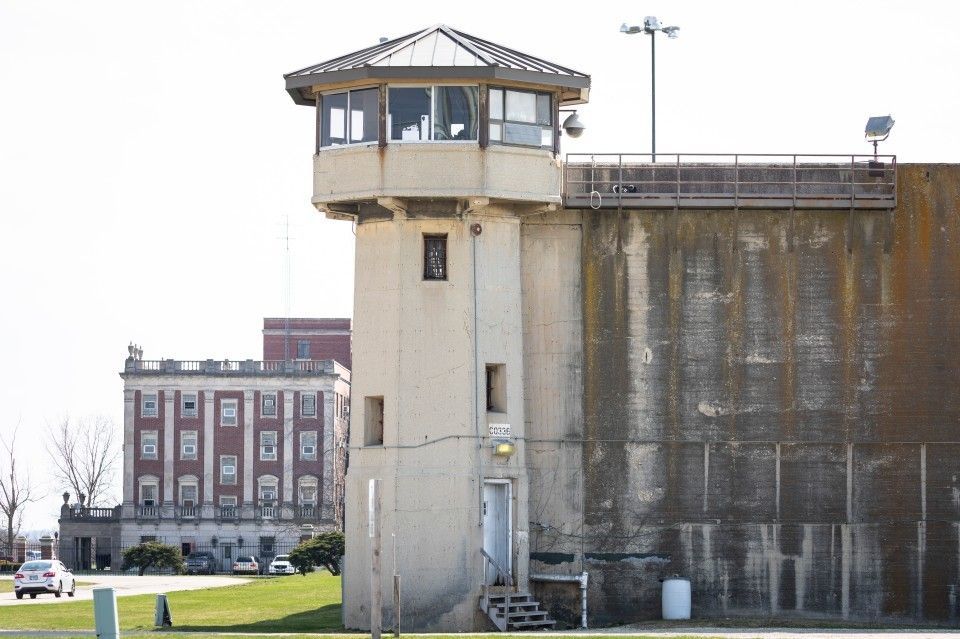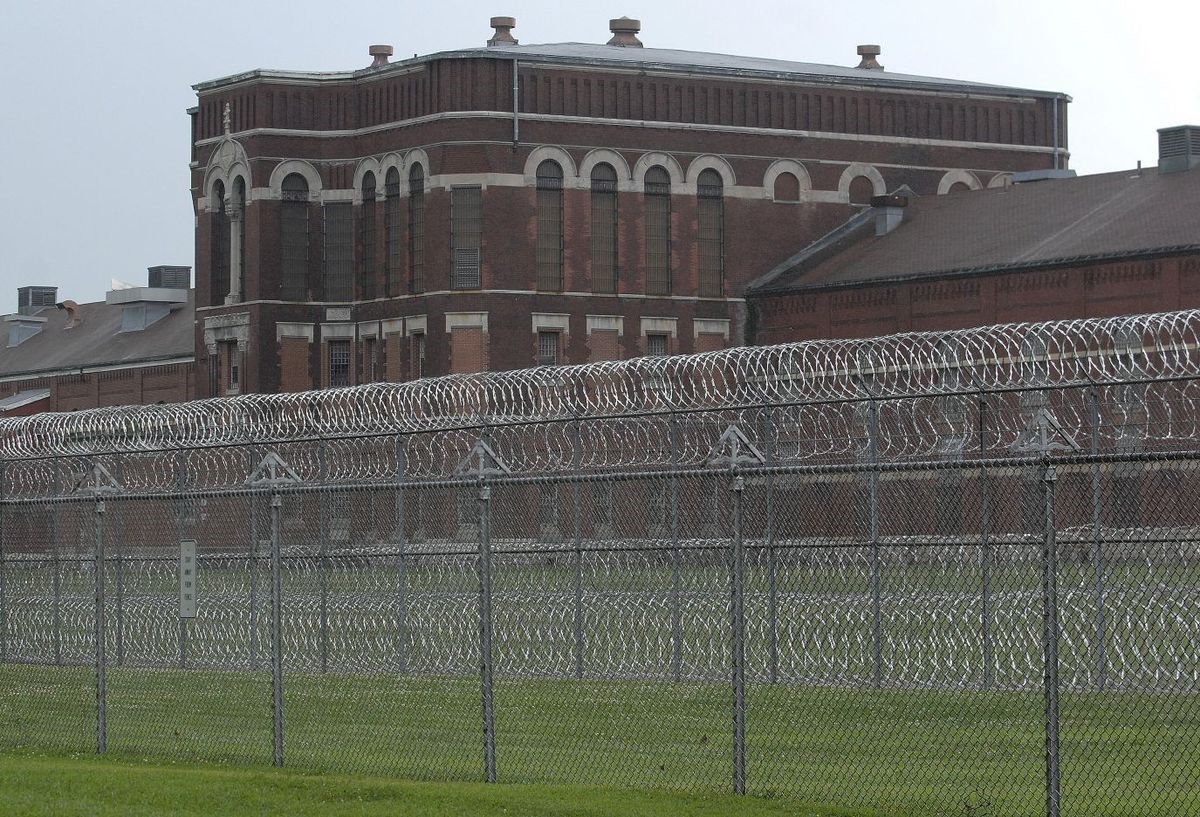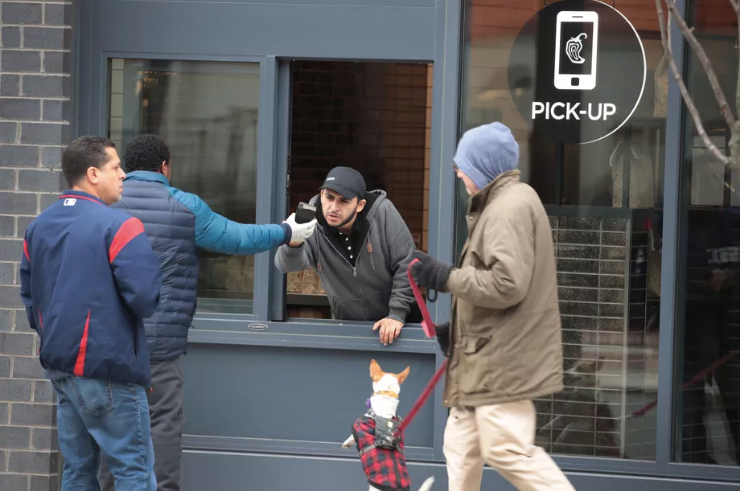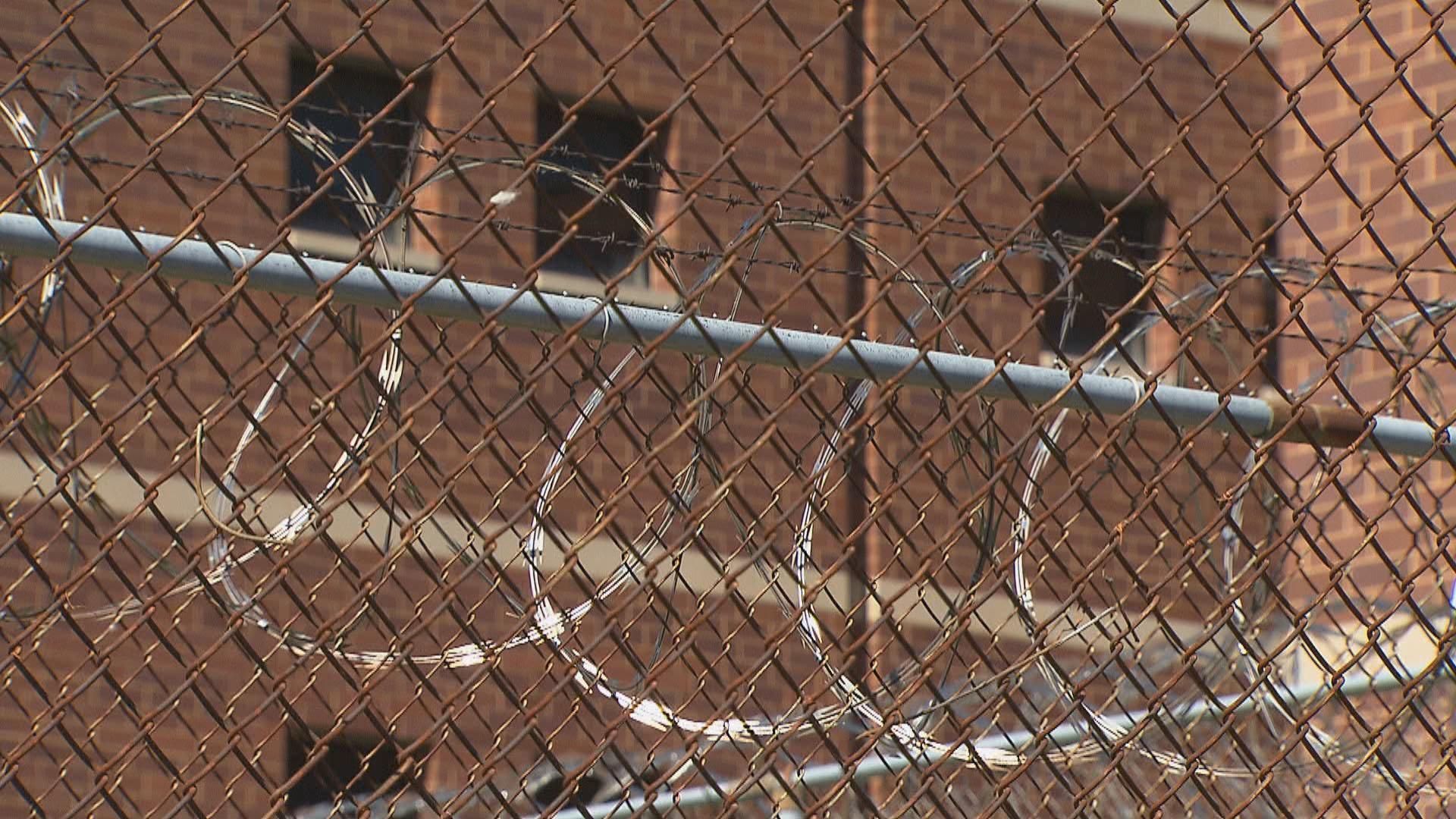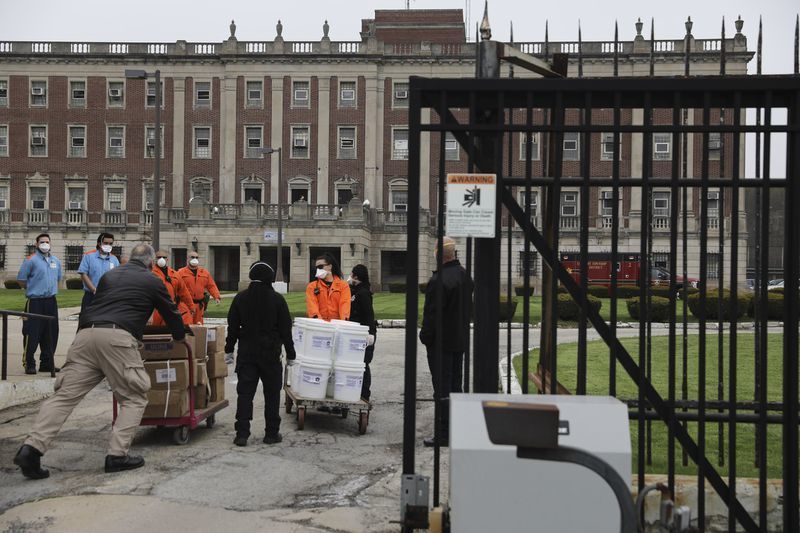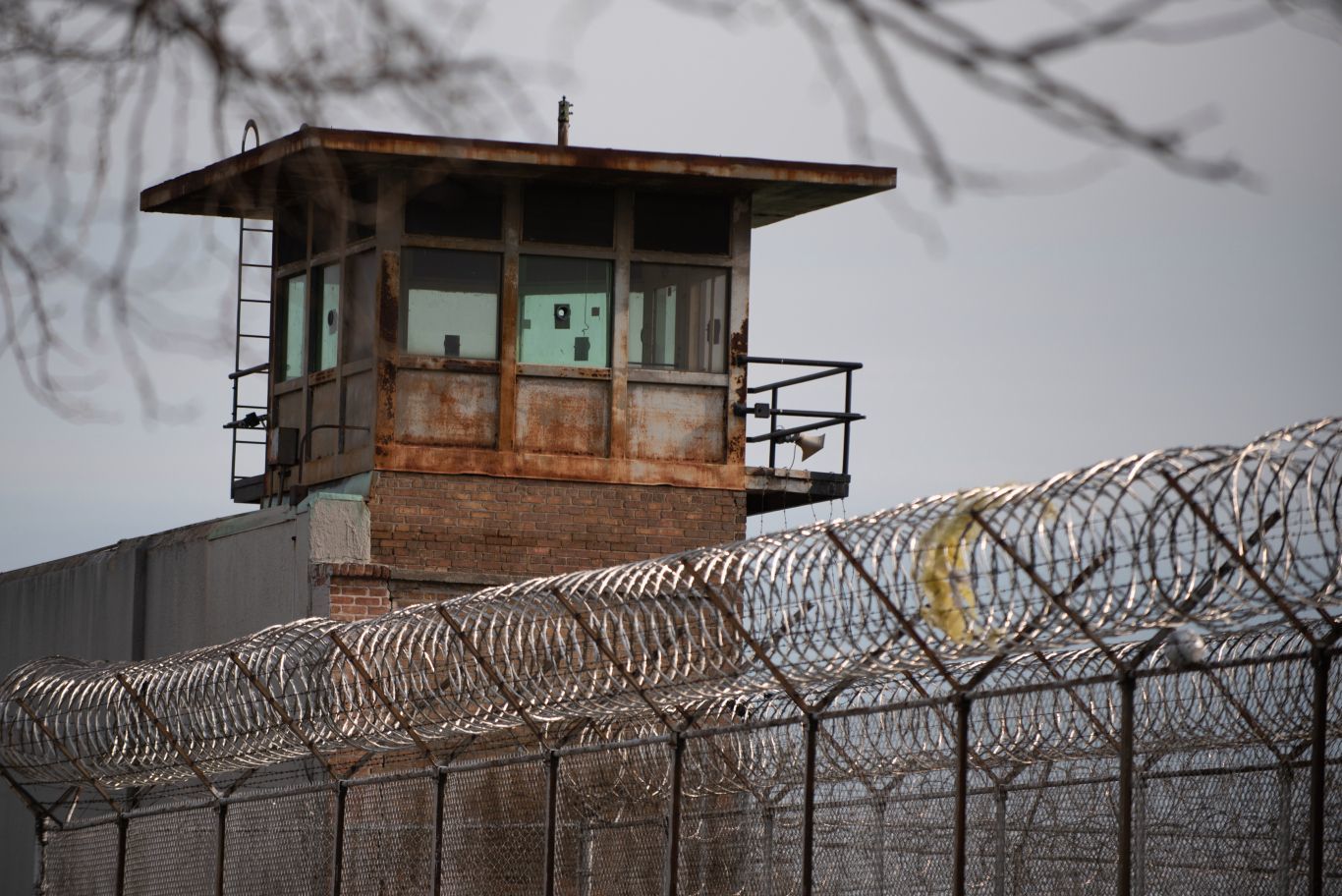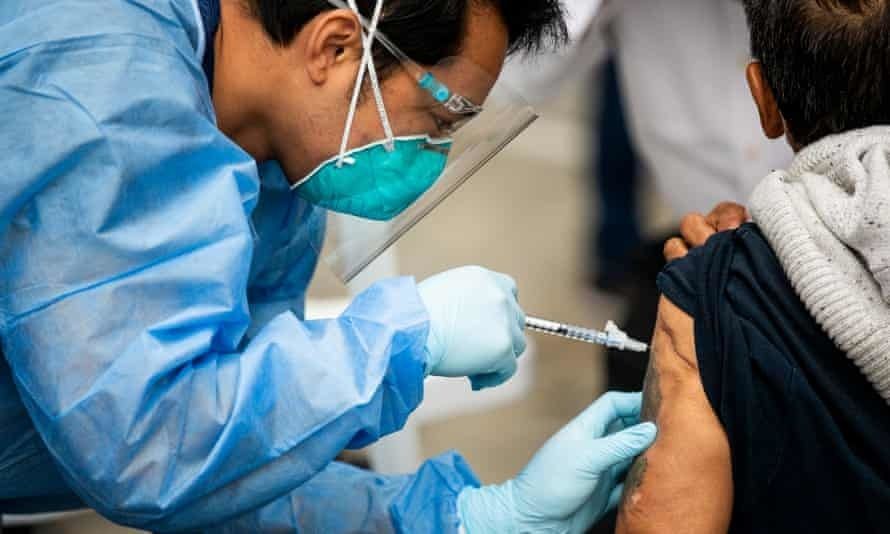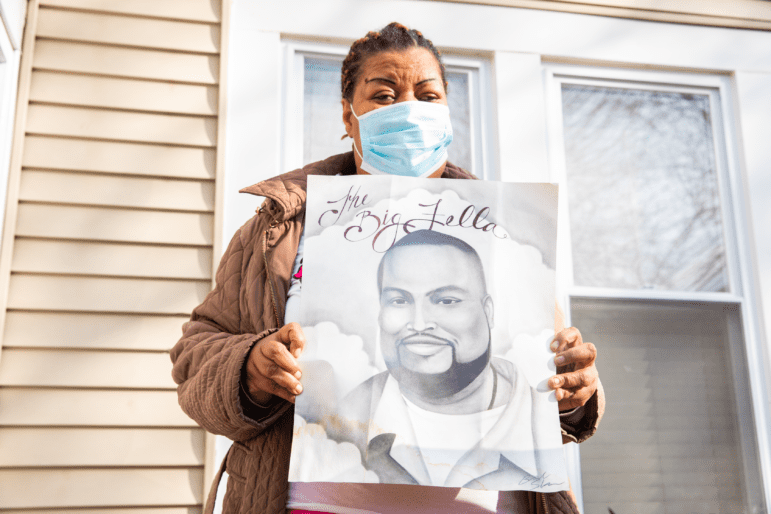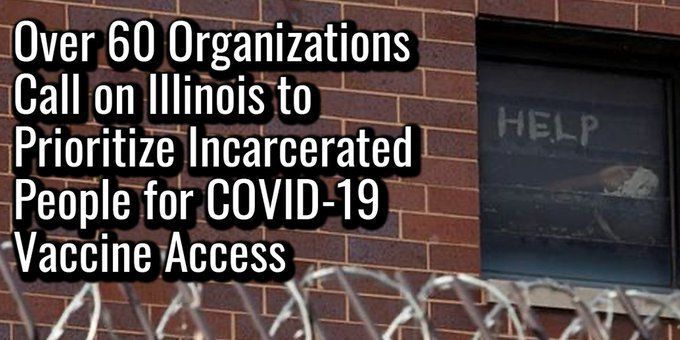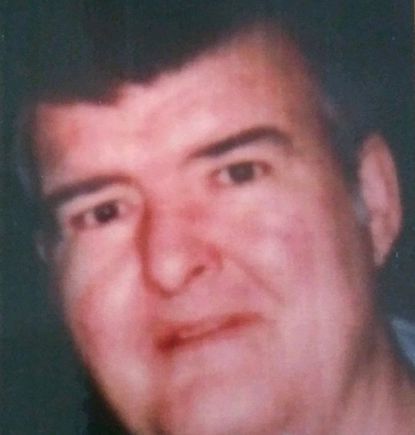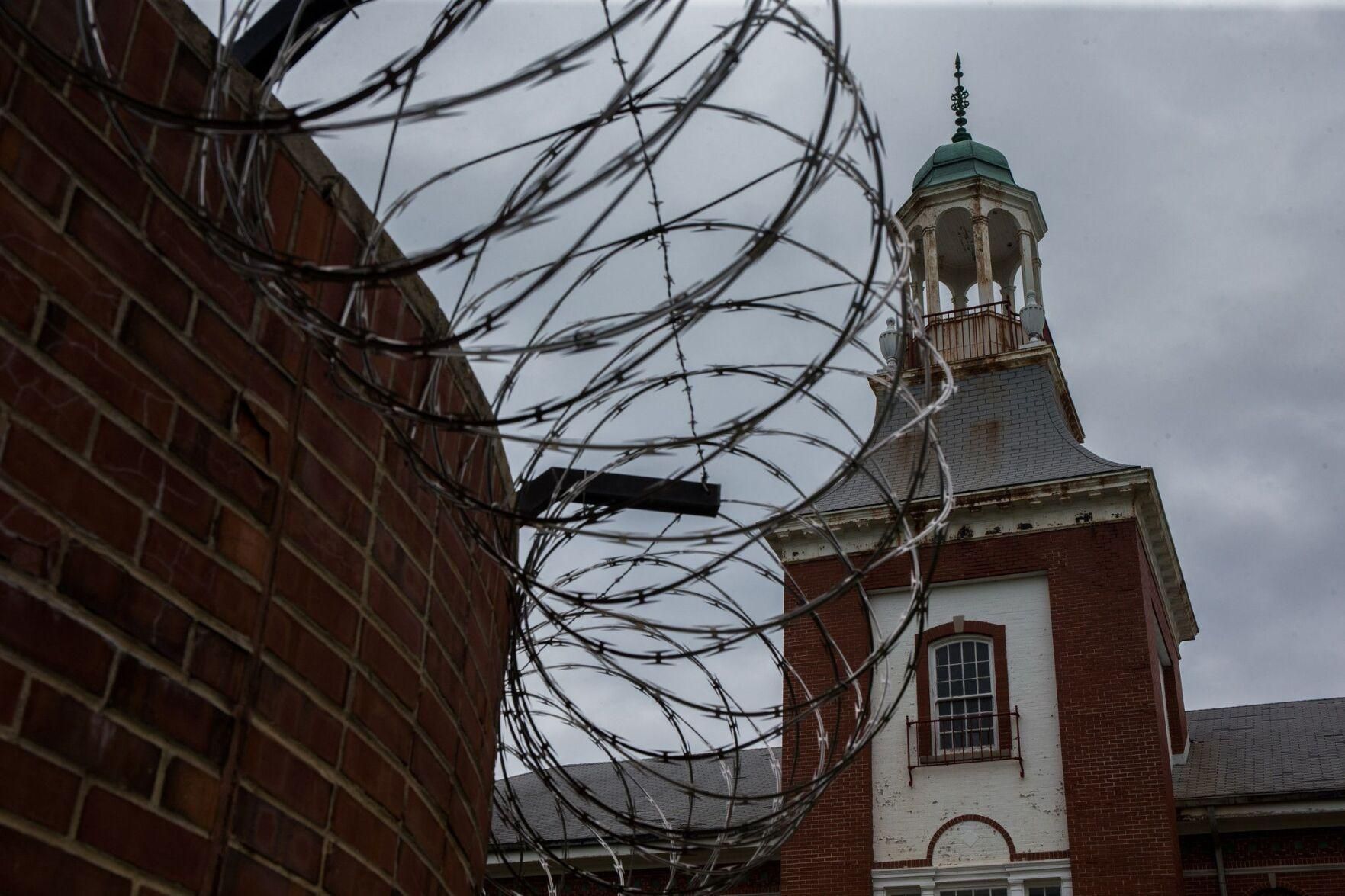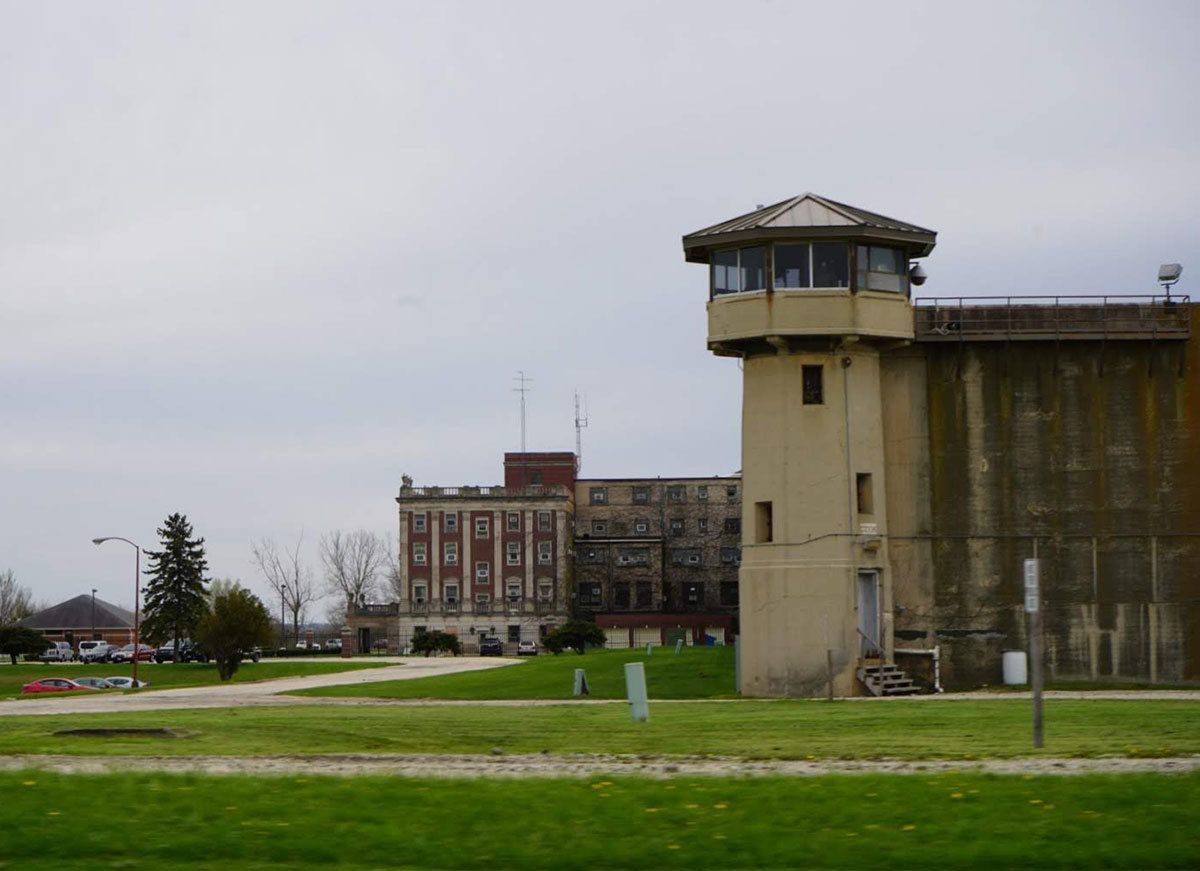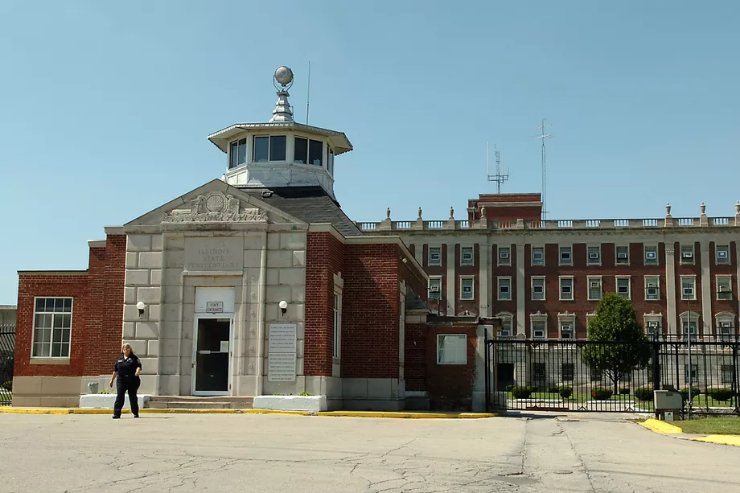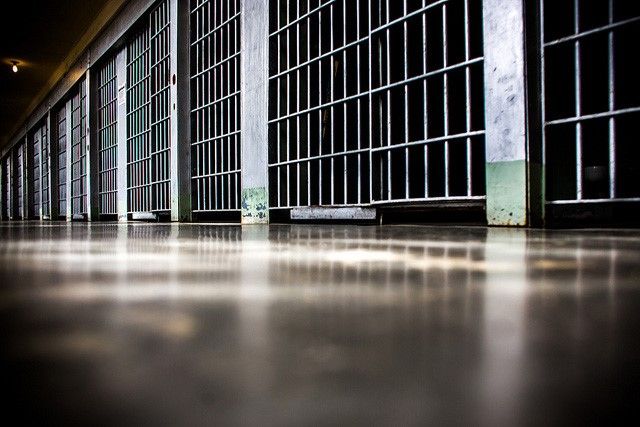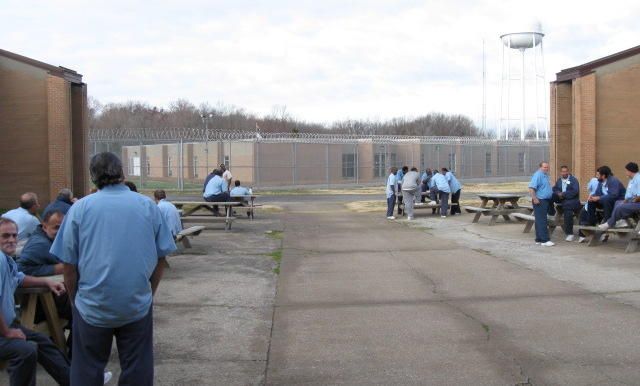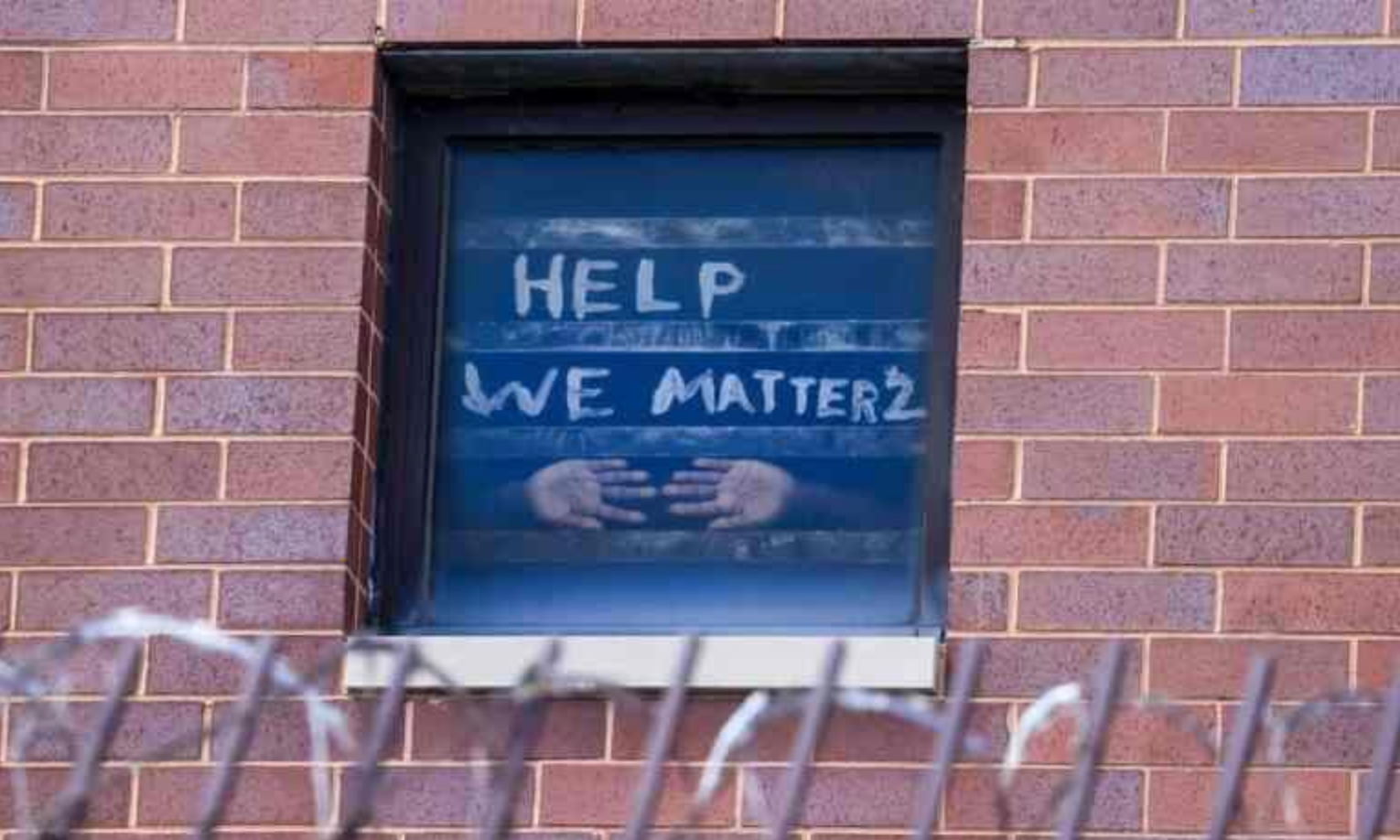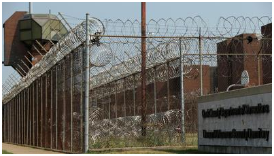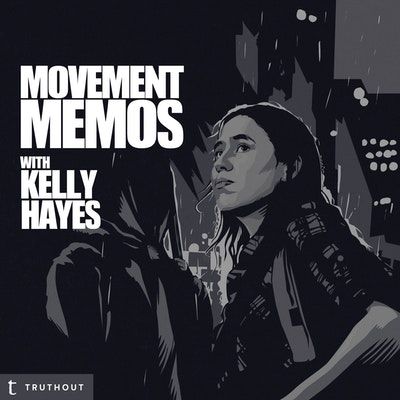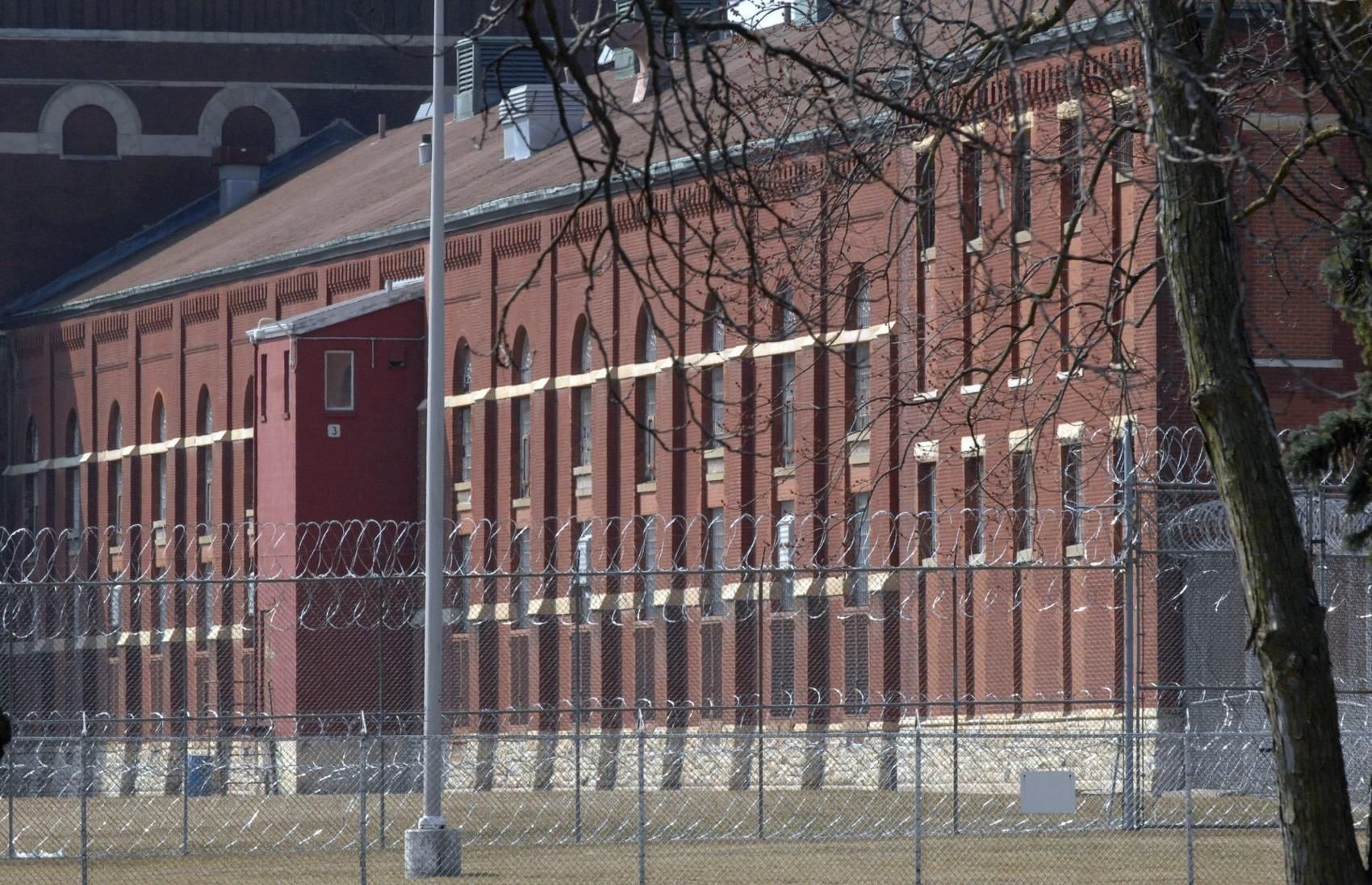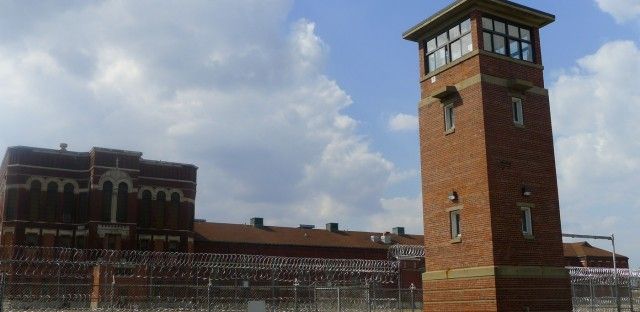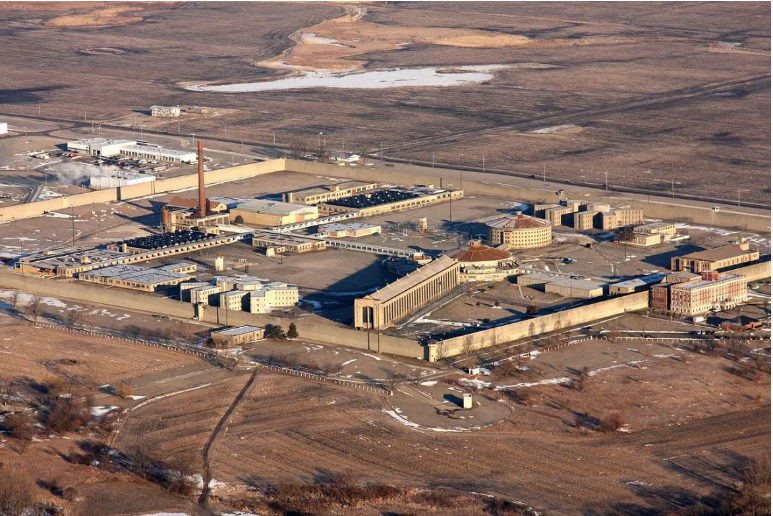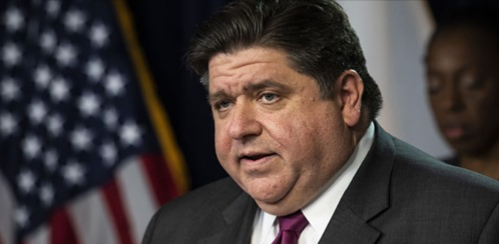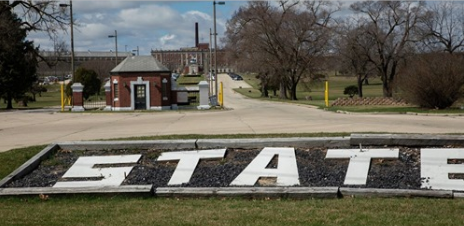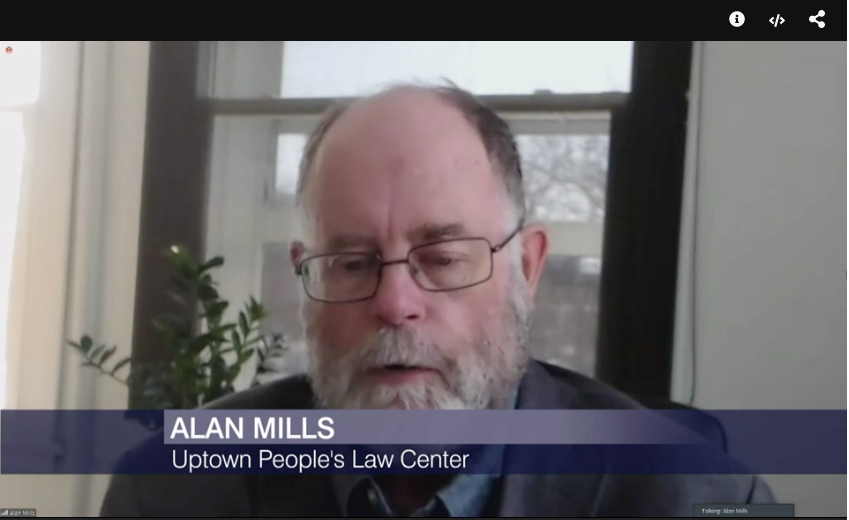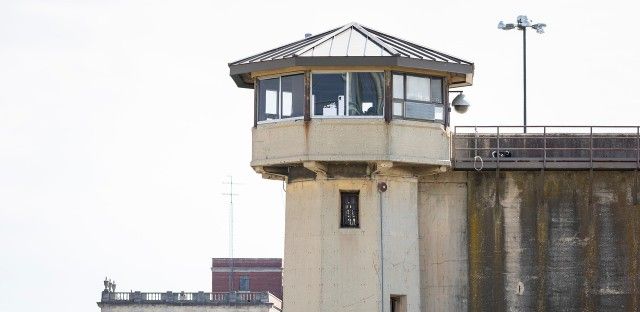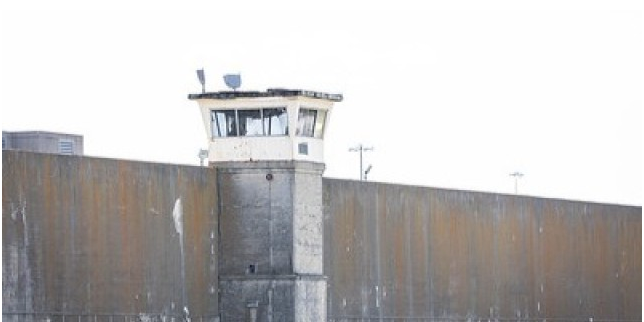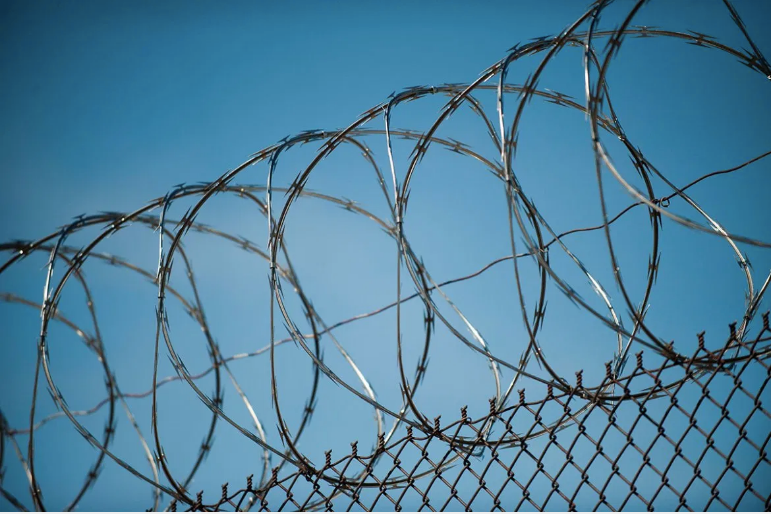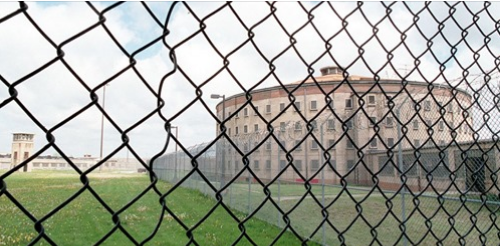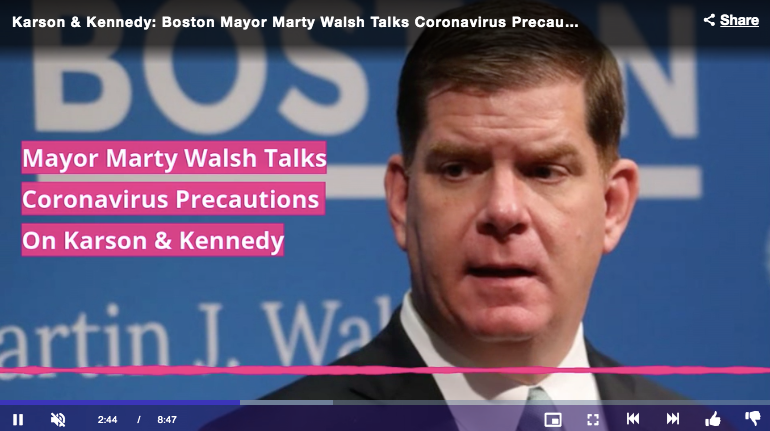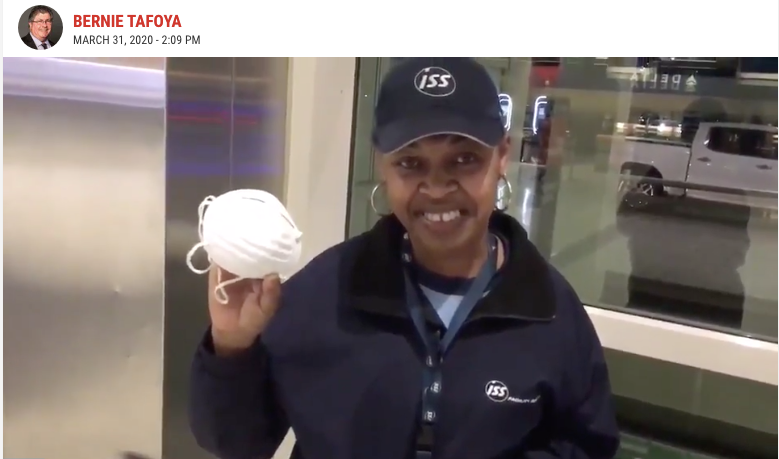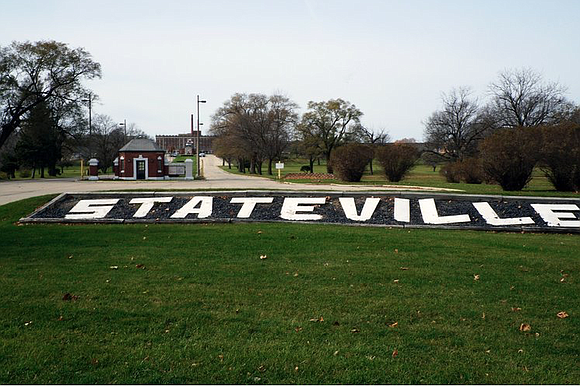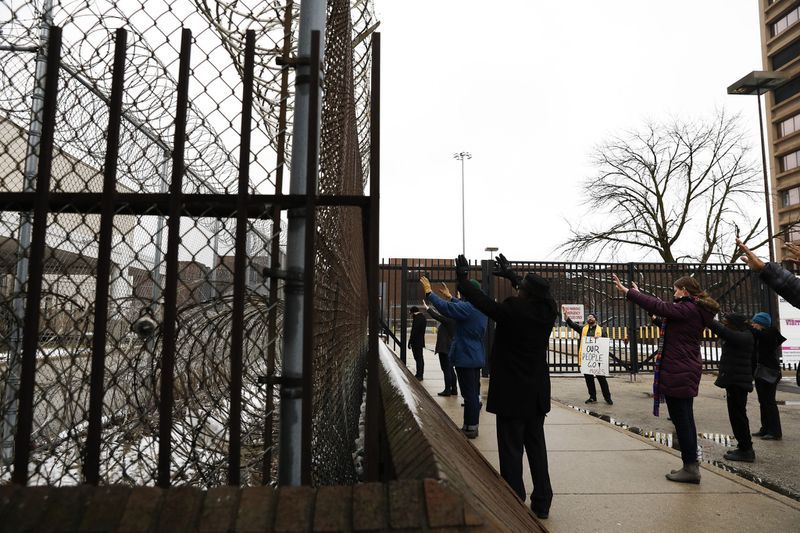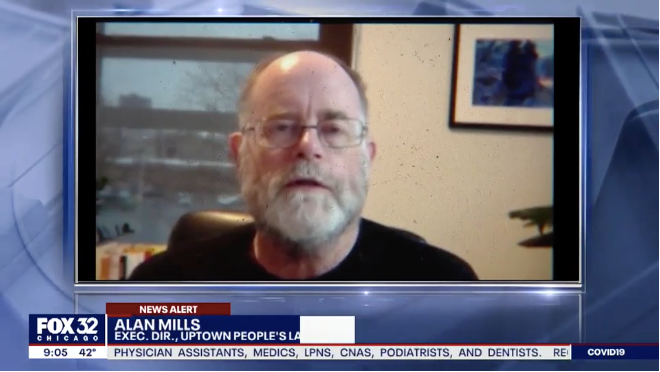On April 2, 2020, in response to the swiftly spreading coronavirus epidemic in Illinois' prisons, a consortium of the area's leading civil rights attorneys and community advocates filed three cases seeking release of prisoners: a federal class action suit against the Governor and Illinois Department of Corrections; a federal habeus corpus action; and a direct action to the Illinois Supreme Court.
All three cases demand the swift release of those prisoners most vulnerable to the epidemic before they fall victim to it.
By dragging its feet in the face of the pandemic, IDOC and Illinois' political leaders are putting prisoners, prison staff and the general public at greater risk of severe illness and death. Prisons, with their tightly packed populations, confined spaces, and lack of sanitation are petri dishes for spreading deadly epidemics.
Prison staff exposed to such conditions can easily cause explosive outbreaks in their communities. Elderly prisoners and those with underlying health conditions are being punished by confinement, not given likely death sentences.
Documents:
At a Georgia state House of Representatives hearing on prison conditions in September, a corrections officer called in to testify, interrupting his shift to tell lawmakers how dire conditions had become.
The standoff between Chicago police and Mayor Lori Lightfoot over the city’s COVID-19 vaccine mandate once again hoisted Chicago onto the national stage, seemingly pitting the individual rights of law enforcement officers against the health of communities they’re charged with protecting.
Recently, Governor Pritzker announced that all staff working in Illinois prisons will have to be vaccinated for COVID-19 by mid-October. Sadly, rather than engaging with the governor, AFSCME, the guards' union, immediately announced that it was opposed to any requirement that staff be vaccinated. The union instead proposed that it will continue to educate staff, in the hope that more staff will agree to vaccinate voluntarily.
The undersigned organizations fully support the governor's mandate regarding vaccinations for prison staff...
Prisons and their surrounding communities would be safer. And a dangerous backlog of people in county jails awaiting transfer would be reduced.
As COVID-19 vaccination distribution has expanded across the country, incarcerated people remain one of the populations that is both most vulnerable to COVID-19 and most distrustful of medical care, according to several legal advocacy organizations.
Isolated in solitary confinement as the pandemic swept through Illinois prisons, inmates diagnosed with mental illness are beyond the breaking point, setting fire to their cells and harming themselves after more than a year without adequate mental health care.
As millions of Illinoisans are still waiting for their chance to be vaccinated against COVID-19, and even those who are eligible are scrambling for appointments, at least one group is largely giving up its place at the front of the vaccine line: people who work in Illinois prisons.
As millions of Illinoisans are still waiting for their chance to be vaccinated against COVID-19, and even those who are eligible are scrambling for appointments, at least one group is largely giving up its place at the front of the vaccine line: people who work in Illinois prisons.
More than 1,000 prisoners in Illinois are set to be released after a lawsuit settlement aimed at protecting medically vulnerable prisoners from COVID-19.
The Illinois Department of Corrections will identify medically vulnerable and elderly prisoners eligible for early release or electronic home monitoring.
COVID-19 cases are ticking back upward across Chicago and the rest of Illinois even as vaccine supply improves, the top doctors from the city and state warned Tuesday.
Infections have increased about 23% in Chicago over the past week, mostly among people age 18 to 40, according to city Public Health Commissioner Dr. Allison Arwady.
More than 1,000 medically vulnerable or elderly inmates in Illinois prisons are set to be released following a settlement agreement in a lawsuit brought last spring against the head of the Illinois Department of Corrections and Gov. J.B. Pritzker, which claimed they weren’t doing enough to protect against COVID-19.
After a deadly second wave of the coronavirus pandemic in Illinois prisons sickened thousands of workers and inmates, the state will begin vaccinating both groups in the coming week — a plan that drew praise from advocates but provoked the ire of some lawmakers who argue criminals should not be prioritized.
People incarcerated in Illinois will be among those vaccinated against coronavirus during the next phase, according to a newly released state plan.
People incarcerated in jails and prisons will be prioritized for vaccines along with people who are 65 and older, certain essential workers and people experiencing homelessness or residing in shelters, according to the plan released Dec. 31 by the state health department. They’ll all be given access to vaccines during the next phase, know as Phase 1B.
Whilst staff at veterans' homes, nursing homes, hospitals and sundry health care facilities balk at getting vaccinated – let-me-think-about-it rates for doctors, nurses and other frontline health care workers are as high as 40 percent nationwide – the state of Illinois has decided that while doses remain scarce, prisoners and the homeless who reside in shelters or frequent day centers are on par with the elderly (75 or older) and "frontline essential workers" who will be second in line after health care workers.
COVID-19 hospitalizations at Illinois corrections department leave incarcerated peoples’ loved ones with questions
Dozens of legal and community advocacy groups signed an open letter Monday urging the Illinois Department of Public Health to prioritize incarcerated individuals and staff working in jails and prisons in its COVID-19 vaccine rollout.
As a second wave of the coronavirus pandemic spread rapidly through Illinois prisons this fall, 73-year-old Watson Gray made another plea to be released from Dixon Correctional Center, where new infections were rising.
As the new COVID-19 surge continues racing through Illinois prisons, with a disturbing rise in inmate deaths in November plus the state’s first staff fatality, corrections officials said they will start to test all prison employees for the virus regardless of whether the workers have symptoms.
In letters and interviews, men inside the facility describe conditions they say are continuing to drive infections at the Illinois prison hardest hit by coronavirus.
In letters and interviews, men inside the facility describe conditions they say are continuing to drive infections at the Illinois prison hardest hit by coronavirus.
An amended lawsuit filed against Rob Jeffreys, director of the Illinois Department of Corrections, and Gov. J.B. Pritzker last week claims that the state’s prison system has failed to protect medically vulnerable prisoners from COVID-19.
The Illinois Department of Corrections and Gov. J.B. Pritzker aren’t doing enough to protect elderly and medically vulnerable inmates from COVID-19 inside state prison facilities, according to a lawsuit that claims inadequate testing and sanitation supplies have created conditions “where the virus can spread like wildfire.”
For weeks, two houses in Illinois’ Vienna Correctional Center ran on generator power and had intermittent failures. The outages made it harder to use the shared bathroom, one of the few places they could wash their hands.
COVID-19 continues to have a devastating effect on one of Chicago’s most vulnerable congregate populations: jail and prison detainees. At least 153 inmates and 147 staffers in Illinois state prisons are currently diagnosed with the novel coronavirus, according to the Illinois Department of Corrections
As efforts continue to slow the spread of COVID-19 at Cook County Jail by reducing the inmate population, Gov. J.B. Pritzker could help the effort with the stroke of a pen.
Today’s guest is Alan Mills, the Executive Director of the Uptown People’s Law Center in Chicago. Alan has been fighting for the rights of imprisoned people for decades and has played a key role in recent efforts to free prisoners who are locked in facilities where the coronavirus is spreading like wildfire. Alan, welcome to the show.
Preventing the spread of covid-19 is difficult everywhere. But prisons are among the hardest places to protect. Worldwide there are 11m behind bars, according to Penal Reform International, a pressure group. That is the highest figure ever.
An Illinois lawmaker and a county sheriff are raising fresh concerns about Gov. J.B. Pritzker’s decision to release inmates as the spread of COVID-19 continues in the state’s prisons, including questions about transparency.
A federal judge Friday blocked a bid by state prisoners for an accelerated release or transfer amid the coronavirus, finding state officials’ current processes don’t violate their constitutional rights.
An Illinois federal judge on Friday refused to order the temporary release of nearly a third of the state’s prison population in light of the ongoing coronavirus pandemic, saying the inmates aren’t entitled to such extraordinary relief “even in these extraordinary times.”
A federal judge on Friday denied a request for the state to immediately release potentially thousands of at-risk detainees from Illinois prisons, saying that while the coronavirus pandemic is clearly a serious threat there was “no convincing reason for a federal court to intrude here and now."
It took a prisoner’s death ‘just for them to pass out a single extra bar of soap,’ one incarcerated man said.
Pritzker's executive order gives the Illinois Department of Corrections permission to allow "medically vulnerable" inmates out of prison temporarily.
Pritzker's executive order gives the Illinois Department of Corrections permission to allow "medically vulnerable" inmates out of prison temporarily.
So far, three incarcerated men in Illinois — two who had been housed at Stateville prison in Crest Hill and a detainee at the Cook County Jail – have died from complications related to the coronavirus.
The night after the first man at Stateville Correctional Center died from COVID-19, a prisoner we’re referring to as “Harold,” said he was watching the nightly news in his cell. (WBEZ has agreed to not identify the prisoner by his real name.)
The night after the first man at Stateville Correctional Center died from COVID-19, a prisoner we’re referring to as “Harold,” said he was watching the nightly news in his cell. (WBEZ has agreed to not identify the prisoner by his real name.)
Gov. J.B. Pritzker is deploying medics from the Illinois National Guard to the Illinois Department of Corrections facility, where advocates have declared a ‘disaster.’
Gov. J.B. Pritzker’s failure to release vulnerable prisoners from overcrowded facilities will cost unnecessary loss of life behind bars and in surrounding communities, say advocates and medical professionals.
A group of civil rights attorneys initiated a united legal challenge Thursday against Gov. J.B. Pritzker and the Illinois Department of Corrections, demanding the immediate release of Illinois prisoners vulnerable to the coronavirus.
The effort includes a proposed class-action lawsuit filed Thursday in federal court, naming Gov. J.B. Pritzker and Rob Jeffreys, director of the Illinois Department of Corrections, as defendants.
The man was imprisoned at Stateville Correctional Center, where officials say there are now 12 men who are hospitalized, "including several requiring ventilators."
CHICAGO (WBBM NEWSRADIO) -- A day after the state announced one Illinois prison inmate had died of COVID-19 and that more inmates and staff had tested positive for the coronavirus, a legal services group is renewing its call for thousands of inmates to be released.
CHICAGO (WBBM NEWSRADIO) -- A day after the state announced one Illinois prison inmate had died of COVID-19 and that more inmates and staff had tested positive for the coronavirus, a legal services group is renewing its call for thousands of inmates to be released.
A man incarcerated at the Stateville Correctional Center in Crest Hill is among eight new deaths from the Coronavirus in Illinois, and 18 other inmates were taken to AMITA Health Saint Joseph Medical Center in Joliet, officials said.
Officials knew two weeks ago just what kind of crisis loomed outside the front doors of the sprawling Cook County Jail.
SPRINGFIELD, Ill. - Illinois officials on Monday reported the death of a state prison inmate from COVID-19 and acknowledged the difficulty they face in stopping the spread of the virus in a crowded correctional system.
Health officials announced Monday the death of a Stateville Correctional Center inmate from COVID-19, the first confirmed death from the disease at an Illinois state prison.
We must act quickly. We urge officials to promptly release detainees who can be released safely.

